detail profile jean luc ponty
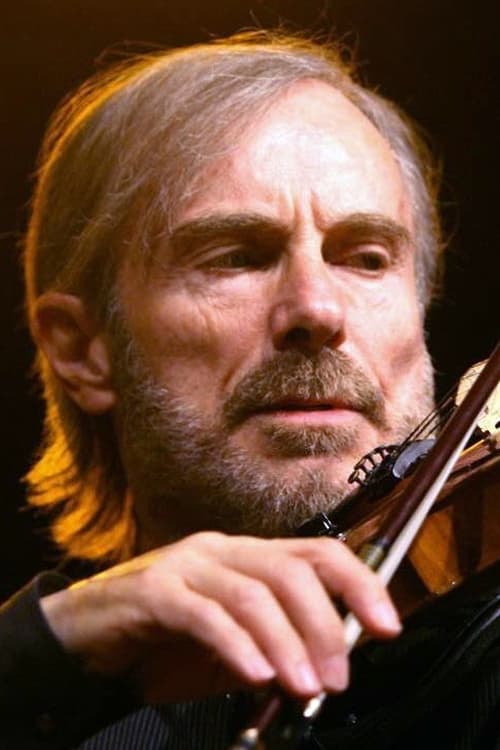
Riwayat Hidup
Jean-Luc Ponty (born 29 September 1942) is a French jazz violinist and composer.
Ponty was born into a family of classical musicians in Avranches, France.
His father taught violin, his mother taught piano.
At sixteen, he was admitted to the Conservatoire National Supérieur de Musique de Paris, graduating two years later with the institution's highest honor, Premier Prix (first prize).
He was hired by the Concerts Lamoureux in which he played for three years.
While still a member of the orchestra in Paris, Ponty picked up a side job playing clarinet (which his father had taught him) for a college jazz band, that regularly performed at local parties.
It proved life-changing.
A growing interest in Miles Davis and John Coltrane compelled him to take up tenor saxophone.
One night after an orchestra concert, and still wearing his tuxedo, Ponty found himself at a local club with only his violin.
Within four years, he was widely accepted as the leading figure in "jazz fiddle".
At that time, Ponty was leading a dual musical life: rehearsing and performing with the orchestra while also playing jazz at clubs throughout Paris.
The demands of this schedule eventually brought him to a crossroads.
Critic Joachim Berendt wrote that "Since Ponty, the jazz violin has been a different instrument".
At first, the violin proved to be challenging; few at the time viewed the instrument as having a legitimate place in the modern jazz vocabulary.
With a powerful sound that eschewed vibrato, Ponty distinguished himself with bebop phrasing and a punchy style influenced more by horn players than by anything previously tried on the violin.
In 1964, at age 22, he released his debut album, Jazz Long Playing.
He performed on stage in Basel, Switzerland, with string players Stuff Smith, Stéphane Grappelli, and Svend Asmussen.
The performance was released as the album Violin Summit (1966).
John Lewis of the Modern Jazz Quartet invited Ponty to perform at the Monterey Jazz Festival in 1967, which led to a recording contract with the World Pacific label and the albums Electric Connection (1969) with the Gerald Wilson Big Band and Jean-Luc Ponty Experience with the George Duke Trio (1969).
That year also brought Sunday Walk (1967), the first collaboration between Ponty and Niels-Henning Ørsted Pedersen.
In 1969, Frank Zappa composed the music for Ponty's solo album King Kong: Jean-Luc Ponty Plays the Music of Frank Zappa (World Pacific, 1970).
In 1972, Elton John invited Ponty to contribute to his Honky Chateau (1972) album.
At the urging of Zappa and The Mothers of Invention who wanted him to join their tour, Ponty emigrated with his wife and two young daughters to the United States and made his home in Los Angeles.
He continued to work on a variety of projects – including two of John McLaughlin's Mahavishnu Orchestra albums Apocalypse (1974) and Visions of the Emerald Beyond (1975) and tours until 1975, when he signed with Atlantic.
.
.
.
Source: Article "Jean-Luc Ponty" from Wikipedia in English, licensed under CC-BY-SA 3.
0.
Info Pribadi
Peran Yang Di Mainkan Jean-Luc Ponty
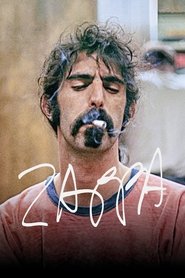 With the help of more than 10000...
With the help of more than 10000...Zappa 2020
With the help of more than 10,000 dedicated Zappa fans, this is the long-awaited definitive documentary project of Alex Winter documenting the life and career of enigmatic groundbreaking rock star Frank Zappa. Alex also utilizes in this picture thousands of hours of painstakingly digitized videos, photos, audio, writing, and everything in between from Zappa's private archives. These chronicles have never been brought to a public audience before, until now.
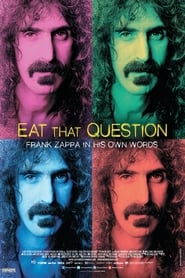 Utilizing potent TV interviews and many...
Utilizing potent TV interviews and many...Eat That Question: Frank Zappa in His Own Words 2016
Utilizing potent TV interviews and many forgotten performances from his 30-year career, we are immersed into Frank Zappa’s world while experiencing two distinct facets of his complex character. At once Zappa was both a charismatic composer who reveled in the joy of performing and, in the next moment, a fiercely intelligent and brutally honest interviewee whose convictions only got stronger as his career ascended.
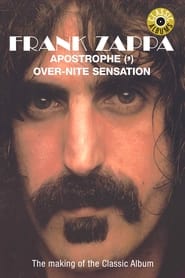 This episode focuses on Zappas early 70...
This episode focuses on Zappas early 70...Classic Albums: Frank Zappa - Apostrophe (') Over-Nite Sensation 2007
This episode focuses on Zappa's early 70s albums, Overnight Sensation (1973) and Apostrophy (') (1974). Together they encapsulate Zappa's extraordinary musical diversity and were also the 2 most commercially successful albums that he released in his prolific career. Included are interviews, musical demonstrations, rare archive & home movie footage, plus live performances to tell the story behind the conception and recording of these groundbreaking albums. Extras include additional interviews and demonstrations not included in the broadcast version, 2 full performances from the Roxy in 1973 and Saturday Night Live in 1976, and new full live performance done specially for these Classic Albums.
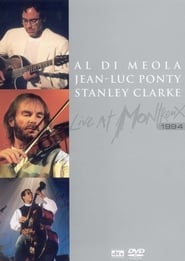 Guitarist Al di Meola violinist JeanLuc...
Guitarist Al di Meola violinist JeanLuc...Al Di Meola Jean-Luc Ponty Stanley Clarke Live at Montreux 1994
Guitarist Al di Meola, violinist Jean-Luc Ponty, and bassist Stanley Clarke, all of whom recorded numerous albums as leaders during the 1970s and 1980s, join forces for this 1994 concert in Montreux. Each musician's compositions are featured in this mostly acoustic performance, though charts were necessary to help them find their way through unfamiliar pieces. There is a noticeable lack of ego apparent on-stage, with no one player trying to steal the spotlight. For his solo feature, "Eulogy to Oscar Romero," Ponty incorporates the use of a digital delay to accompany himself, while Clarke's and di Meola's solo performances are more in the context of the concert. CD The Rite of Strings, which was recorded the following year.
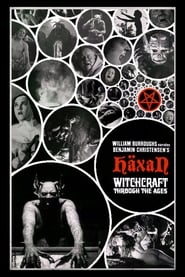 A seventysixminute version of Hxan reedited...
A seventysixminute version of Hxan reedited...Witchcraft Through the Ages 1968
A seventy-six-minute version of Häxan, re-edited and re-released in the United States by Metro Pictures Corporation in 1968. It is narrated by author William S. Burroughs, with a jazz score and soundtrack featuring violinist Jean-Luc Ponty.
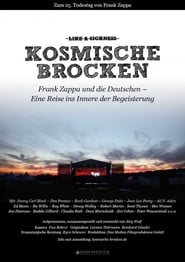
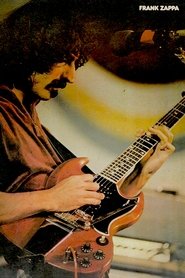 TV concert from Zappa footage from...
TV concert from Zappa footage from...
